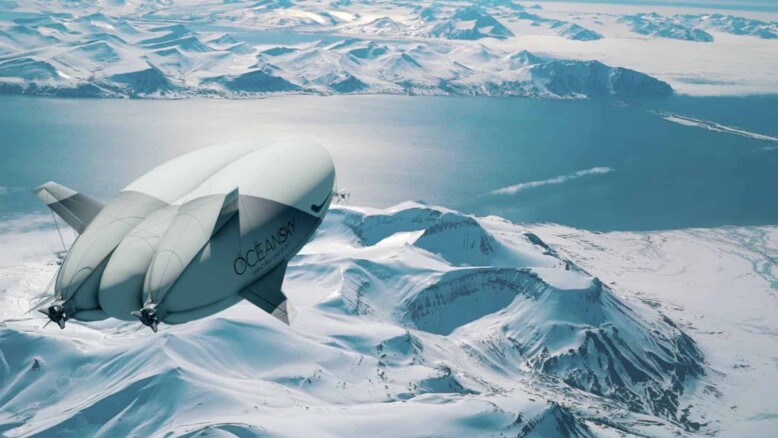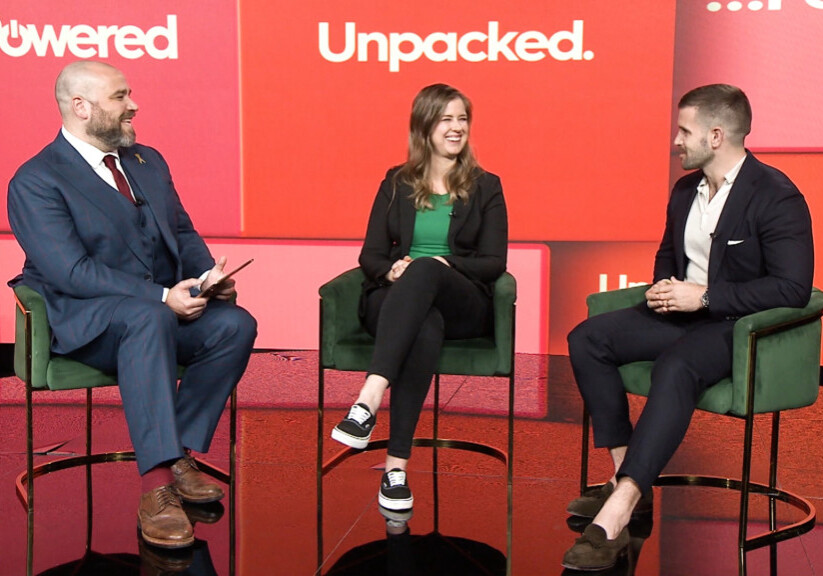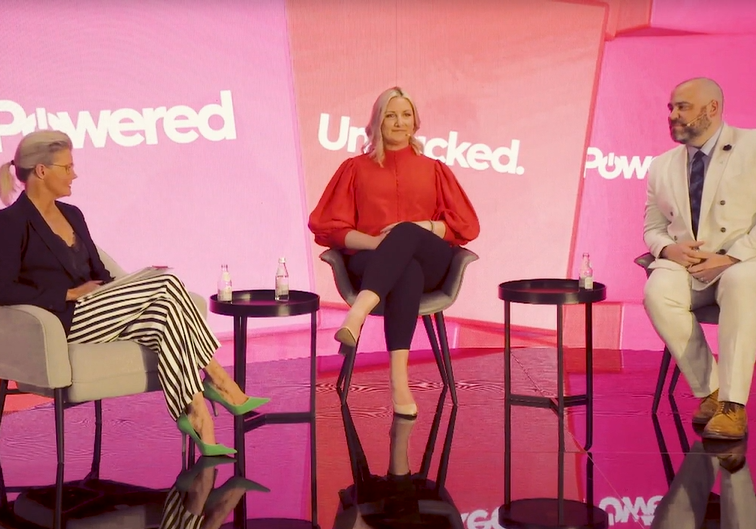Powered Unpacked
The Future of Travel: Are you Ready?

‘Riches to be made’ in sustainable, niche travel, extended remote working holidays: Four key post-COVID travel trends marketers should understand.
Australians’ travel habits have irrevocably changed, as a 40 per cent remote workforce realises it can work from anywhere. But “Wandering Workers” are just one of the trends identified in Nine’s State of the Nation Travel report for 2022. There are “New Frontiers” and deeper levels of expertise Australians are searching for to spend tens of billions of travel dollars each year. One expert’s take? “Regenerative Travel” is where the riches are to be made.
Cultural shifts and emerging travel trends
At the peak of Australia’s COVID lockdowns it was possible to imagine a future of roving digital nomads, a large workforce that didn’t need to be in an office but could work from anywhere at any time. That hasn’t exactly happened.
Instead, travel experts at Nine and from the industry say, the cultural shifts have been more subtle – but they have nonetheless fundamentally changed how Australians roam and holiday around the world. It’s worth understanding them to understand how to reach those people.
Nine partnered with The Future Laboratory to take a closer look into the future of travel with detailed analysis and strategic insight, combining data from Nine audience intelligence with The Future Laboratory’s expert trends intelligence.
There were eight key trends identified as emerging in travel across Australia and the world – below are four of them.
Wandering Workers
Last year 40 per cent of Australia’s workforce were remote and mobile, The Future Laboratory’s Barry Mowszowski said. Those people are realising they can work from anywhere, too. “They’re not just people schlepping around the world avoiding going to an office from nine to five. How do we cater to that ecosystem of needs from a holistic travel point of view?” he asked. “It’s much more complex in terms of understanding their needs than people just booking a one-way ticket to a destination.”
But interestingly, the large digital nomad population hasn’t appeared. What has happened instead is the extended holiday. “Even just before the pandemic, the idea was that there was this group of people who didn’t have offices and who could travel around the world and work as they go,” Ben Groundwater, Nine Publishing travel writer and podcast host, said.
“Those people exist. But maybe they’re not going to be permanent digital nomads moving around the world their entire lives. It might mean that they can take six weeks rather than two weeks and go to another destination with their family, with their friends, just by themselves, and have a holiday, but also work at the same time.”
Those ones are the Wandering Workers.
Regenerative Travel
More Australian travellers are conscious of their footprint, both environmentally and financially, when they arrive at their destination. In fact, the idea of being conscious of their footprint was the second most important consideration after the destination itself, per Airbnb and studies by The Economist, Mowszowski said. “The whole idea is that you have a reduced footprint.” There’s a fashion brand in Portugal, for example, ISTO, that offers travellers tours of its factory to educate them on the supply chain and manufacturing process. “It’s really interesting when you think about regenerative travel through a holistic proposition of what’s happening globally,” Mowszowski said. “Because that’s where the riches are to be made from a travel sector point of view to cater to that appetite within Australia and globally.”
It’s “a bit of a reset”, Groundwater added. “The pandemic gave everyone two years to basically sit back and consider the way they travel and the way they want to travel in future, and the effect that their travel has been having in the past on the world,” he said. “It’s driven by the brands at the moment, by travel companies, by tour companies, by media as well. This is becoming very important as we look towards the future.”
New Frontiers
There are some wild adventure holidays and experiences out there. A new one that’s coming is the ultra-luxury, ultra-wealthy blimp ride. OceanSky cruises, for US$210,000 dollars (A$301,000), offer multi-day expeditions to the North Pole – without a carbon footprint. “But juxtapose that with space travel. So at the Kennedy Space Centre there is an air balloon lift. For US$120,000, slightly cheaper, you can join one of 300 people going into space from 2024,” Mowszowski said. It’s part of the New Frontiers trend, which is changing the idea of luxury from a high-end place to a niche experience.

“Although those high-end luxury experiences do tend to hog the headlines and really sound amazing, for everyday travellers, there’s all sorts of stuff you can do out there that will cater to exactly what you want to achieve and experience,” Groundwater said.
“If you look at your social media feed right now, everyone’s in Italy or France. We’ve realised that our opportunities to travel are finite and that we may not have the chance to go to these incredible places, to go to Machu Picchu, to Antarctica, to the Galapagos.”
Educated Expertise
With new frontiers, more sustainable, regenerative experiences and wandering while working comes a need to understand places in more depth – Educated Expertise. There’s been a shift away from artificial intelligence and chatbots, Mowszowski said, towards “travel strategists” – another term for travel agents – and deep research.
“There’s so much emotion that goes into travel for people. This is something that you plan for and save up for years, and you want to get it right, and you want to enjoy yourself,” Groundwater said.
“That human interaction is just invaluable, really.”
Click here for more research from
Nine's State of the Nation Travel event
View more marketing insights from Powered By Nine
Contact us for more information on how your brand can leverage the power of Nine to deliver real business outcomes.




